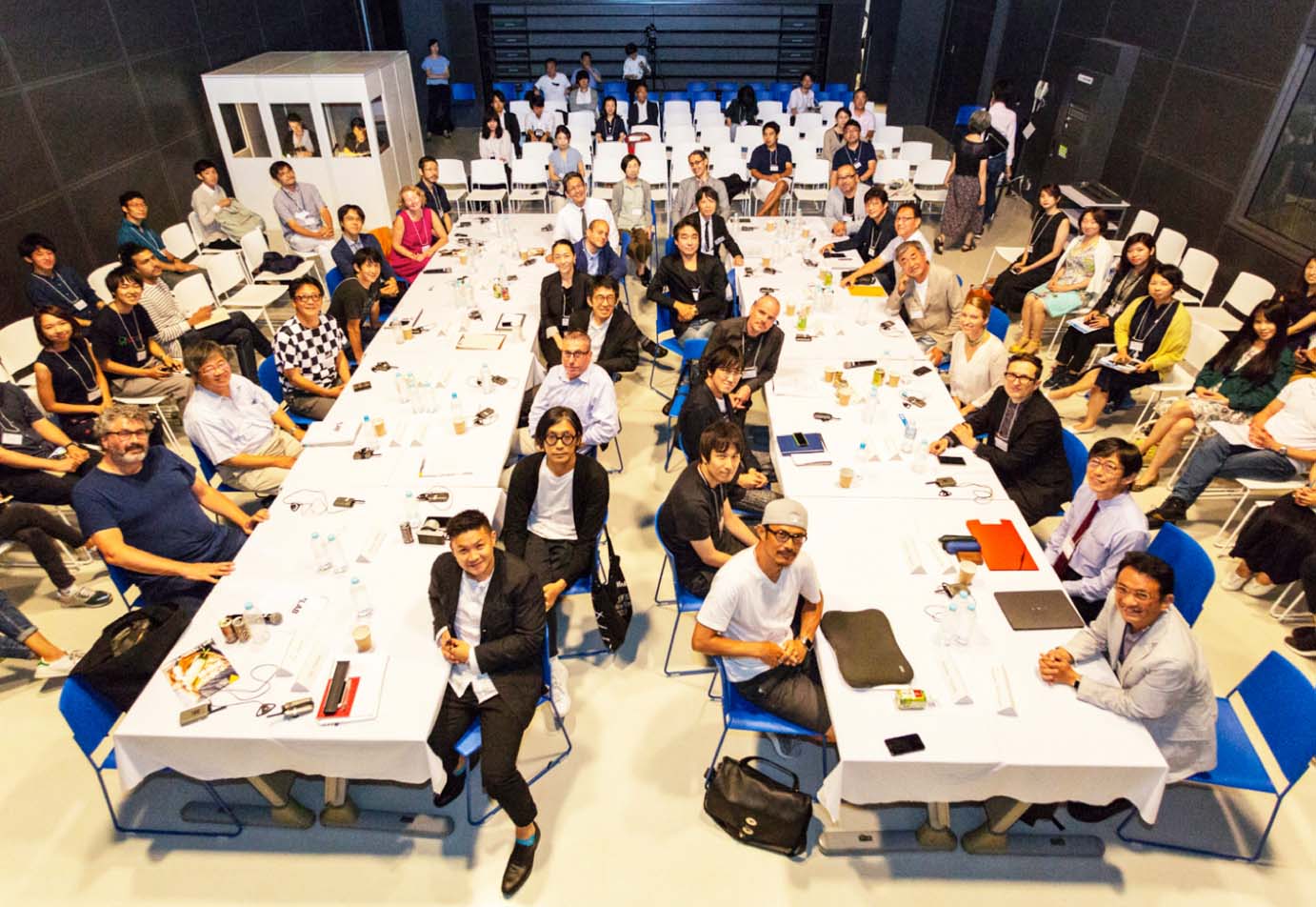SYMPOSIUM NEW VISIONS FOR REGENERATIVE URBANISM
The symposium was hosted in celebration with the exhibition (Living with Disaster: Stories from Seven Regenerative Cities) as the 4th ArcDR3 Forum. Architects, researchers, and experts in various fields from eleven participating universities discussed the concepts behind the studios, the foundation for the seven explorations of future risk-resilient cities (displayed in the seven wells of the exhibition). The symposium was composed of a “Big Table” and a “Small Table” whose non-hierarchical configuration sought to flatten the relationship between speakers and audience, and encouraged discussion. The online event were simultaneously broadcast in Japanese and English.
Link to Big Table Discussion (Japanese)
Link to Big Table Discussion (English)
Link to Small Table Discussion (English)

REGENERATIVE URBANISM SHORT DESCRIPTION
Regenerative Urbanism is an updated paradigm of resilience in urban design. Prompted by a rapid increase of nature-instigated disasters and climate change, this paradigm asks us to consider a different approach to urban resilience. Instead of pre-disaster defensive-oriented maintenance combined with a post-disaster rescue and restoration-oriented approach, Regenerative Urbanism asks us to imagine a near future that embraces and incorporates the effects of disaster through innovative and safer urban design strategies that improve environments during normal conditions and reduce the severity of disaster risk during the inevitable disaster event. To this end, regenerative urban design strategies are conceived as mitigatory and anticipatory with ideas of adaptability, flexibility, mutation, and symbiosis embedded in their methods and techniques to ensure the unfolding of a more robust, balanced, and equitable society.
BIG TABLE ORGANIZATION & PARTICIPATION
Conducted in Japanese with a simultaneous-translator, the Big Table (online) was structured in a traditional format. Speakers introduced the topics, and each two-session pairing was followed by a discussion with a question/answer forum open to the audience.
SMALL TABLE ORGANIZATION & PARTICIPATION
Conducted in English, the Small Table (online) was structured to match the wells in the exhibition gallery. Seven discussions corresponded to seven regenerative cities. Moderated by the section’s MC, speakers discussed the ambitions of their respective studios, the work generated by those studios and exhibited in the exhibition wells, and how the architectural explorations suggest innovative strategies for future resilient cities at risk to disaster – an unique approach towards a future Regenerative Urbanism.